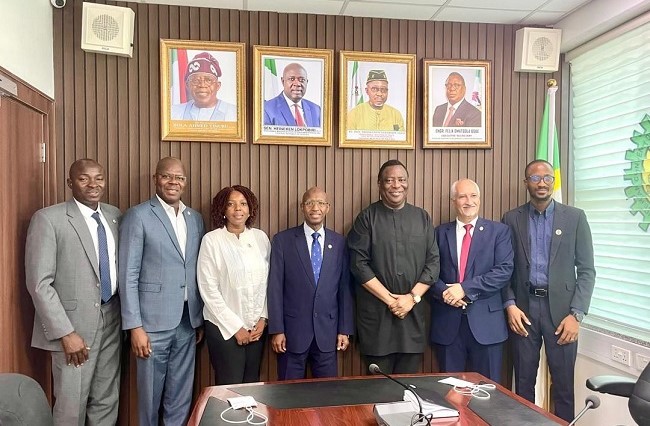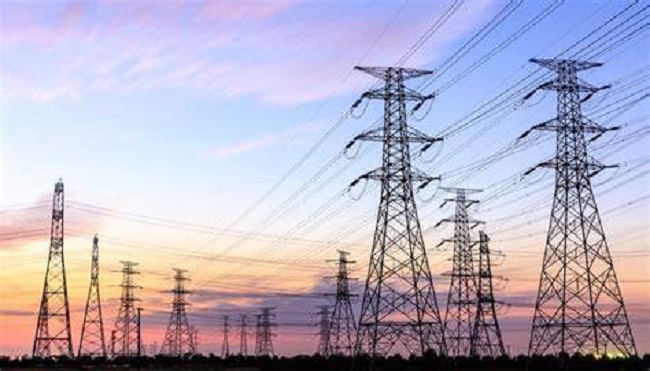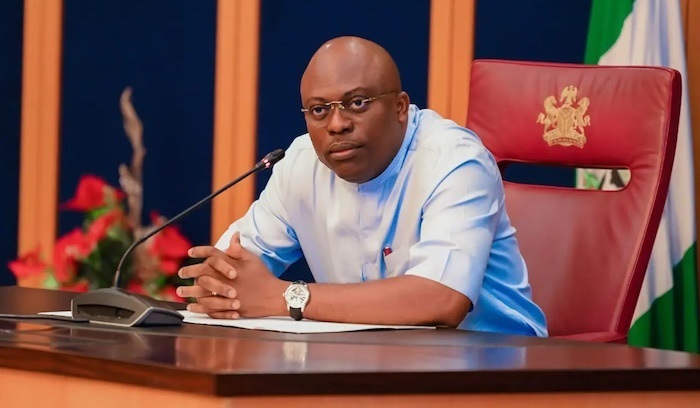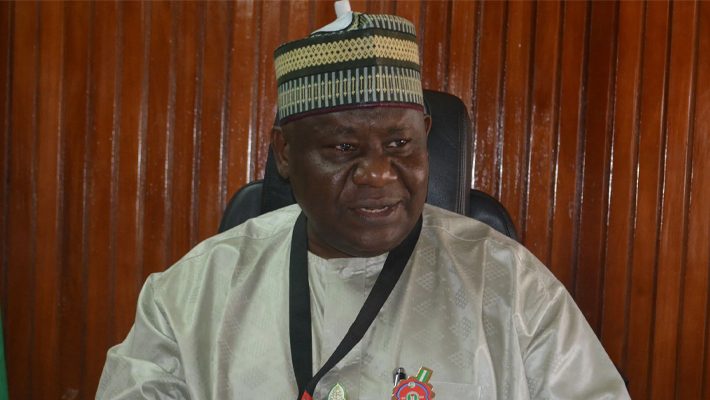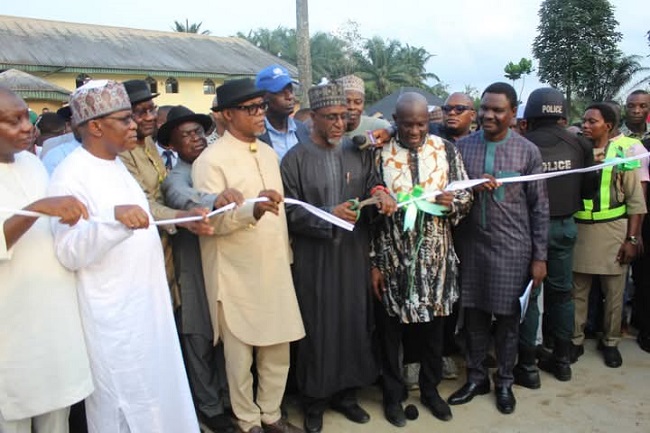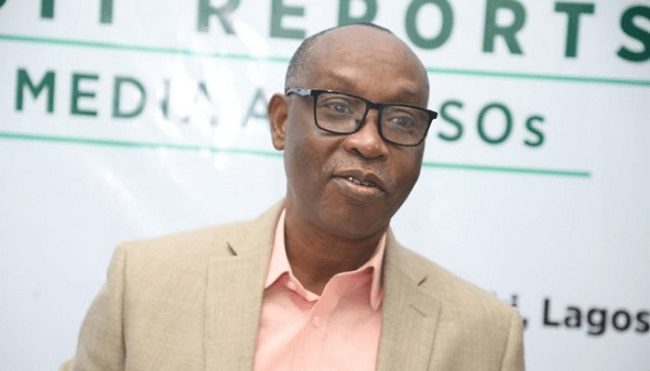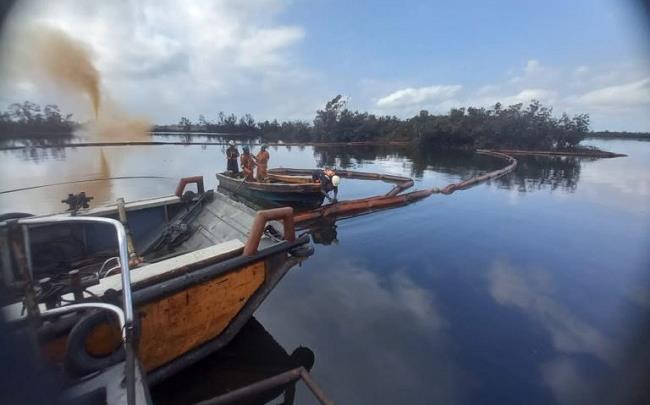Governments agreed early on Friday, February 28, 2025, in Rome on the strategy to raise the
funds needed to protect biodiversity and achieve the action targets of the Kunming-Montreal Global Biodiversity Framework (KMGBF), bringing the business of the UN Biodiversity
Conference, COP16, that was suspended in Cali, Colombia in 2024, to a successful close.
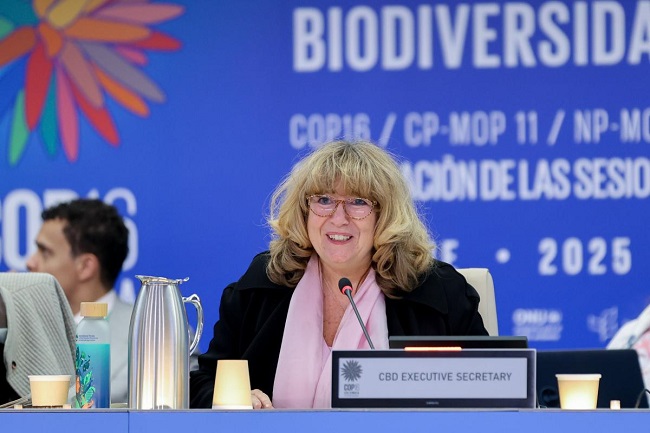
Parties to the Convention on Biological Diversity worked into the early morning hours to hammer out agreements on biodiversity finance, on planning, monitoring, reporting and review, and the full set of indicators to measure global and national progress towards implementing the KMGBF, agreed in Montreal at COP15 in 2022.
“These days of work in Rome have demonstrated the commitment of the Parties to advance the implementation of the Global Biodiversity Framework. The COP16 presidency recognises the collective effort to reach consensus of key issues that were left pending in Cali,” said Susana Muhamad, COP16 President. “We appreciate the willingness of all countries and the Secretariat of the Convention for their dedication to continue strengthening the global biodiversity agenda. Only by working together can we make Peace with Nature a reality.”
“The results of this meeting show that multilateralism works and is the vehicle to build the partnerships needed to protect biodiversity and move us towards Peace with Nature,” said Astrid Schomaker, Executive Secretary of the Convention on Biological Diversity. “We now have a clear mandate to implement Article 21 and 39. As we do this and implement the other supporting elements for resource mobilisation, the world will have given itself the means to close the biodiversity finance gap.”
After intense negotiations, Parties to the Convention agreed on a way forward in terms of resource mobilisation with a view to close the global biodiversity finance gap and achieve the
target of mobilising at least $200 billion a year by 2030, including $20 billion a year in
international flows by 2025, rising to $30 billion by 2030.
This includes the commitment to establish permanent arrangements for the financial mechanism in accordance with Articles 21 and 39 of the Convention while simultaneously working on improving existing financial instruments. It outlines the main principles and steps that will shape the evolution of these existing financial instruments, and any others that may be created. It also includes a roadmap of the activities and decision-making milestones from now, through the 17th, 18th and 19th meetings of the Conference of the Parties to the Convention on Biological Diversity, until 2030.
The COP also adopted a Strategy for Resource Mobilisation that identifies a broad range of
instruments, mechanisms and institutions that could be tapped to mobilise the funds needed for implementation of the ambitious Kunming-Montreal Global Biodiversity Framework.
This includes public finance from national and subnational governments, private and philanthropic resources, multilateral development banks, blended finance, and other novel approaches.
The decision is also aligned with COP guidance to the Global Environment Facility, the interim
financial mechanism of the Convention, whose family of funds, in the period of June 2022 to
December 2024, approved over $3 billion in support of the KMGBF, leveraging more than
22 billion in co-financing, including 1.9 billion from the private sector.
The Global Environment Facility also hosts the Global Biodiversity Framework Fund (GBFF), created in response to a request from COP15.
Mechanism for Planning, Monitoring, Reporting and Review (PMRR): Responsibility and transparency in how the world measures progress for the KMGBF
Parties further enhanced the monitoring framework for the KMGBF, agreed upon at COP 15. The monitoring framework is essential to the implementation of the Framework because it provides the common yardsticks that Parties will use to measure progress against the KMBGF’s 23 targets and four goals. At COP16, Parties agreed on the way that the indicators would be measured and used.
This will ensure that all Parties are tracking progress in a way that can be interpreted by national policy makers, and it will provide data that can be aggregated up to the global level to provide a global picture of implementation for the KMGBF.
Parties also took important decisions on how progress in the implementation of the KMGBF will be reviewed at COP17 as part of the planned global stock take. They determined the way in
which commitments from actors other than national governments can be included in the PMRR Mechanism – including commitments from youth, women, indigenous peoples and local
communities, civil society, the private sector and sub-national governments. In addition, Parties agreed on how they will report on their national progress, including using indicators, in reaching the goals and targets of the KMGBF.
Together the decisions taken by the COP16 will enhance responsibility and transparency in the
implementation and monitoring of the KMGBF.
Cooperation, Multi-year Programme of work (MYPOW), Appointment of Executive Secretary
Parties finalised the business of COP16 with agreement on:
- the ways that the Convention cooperates and articulates with stakeholders, Multilateral
Environmental Agreements (MEAs) and other organisations; - to discuss the MYPOW, at COP 17; and
- conditions relating to the appointment of the Executive Secretary
The COP-MOP to the Nagoya Protocol also took note of decision 16/2 of the Conference of the Parties to the Convention on Biological Diversity on digital sequence information on genetic resources, by which the Conference of the Parties adopted the modalities for operationalising the multilateral mechanism for the fair and equitable sharing of benefits from the use of digital sequence information on genetic resources, including the Cali Fund.
Launch of the Cali Fund
The Cali Fund for the Fair and Equitable Sharing of Benefits from the use of Digital Sequence Information on Genetic Resources (DSI) – the Cali Fund – which will receive contributions from private sector entities making commercial use of DSI, launched on February 26, 2025, in the
margins of the resumed session of COP16.
By leveraging funding from the private sector, the Fund ushers in a new era for biodiversity finance. Companies making commercial use of data from genetic resources in nature in a range of lucrative industries are now expected to contribute either a portion of their revenue or their profits to the Fund. Contributions to the Cali Fund will be allocated to the implementation of the Convention on Biological Diversity, including by supporting the implementation of the Kunming-Montreal Global Biodiversity Framework (KMGBF). At least 50 per cent of the Cali Fund resources will be allocated to indigenous peoples and local communities, recognising their role as custodians of biodiversity.


